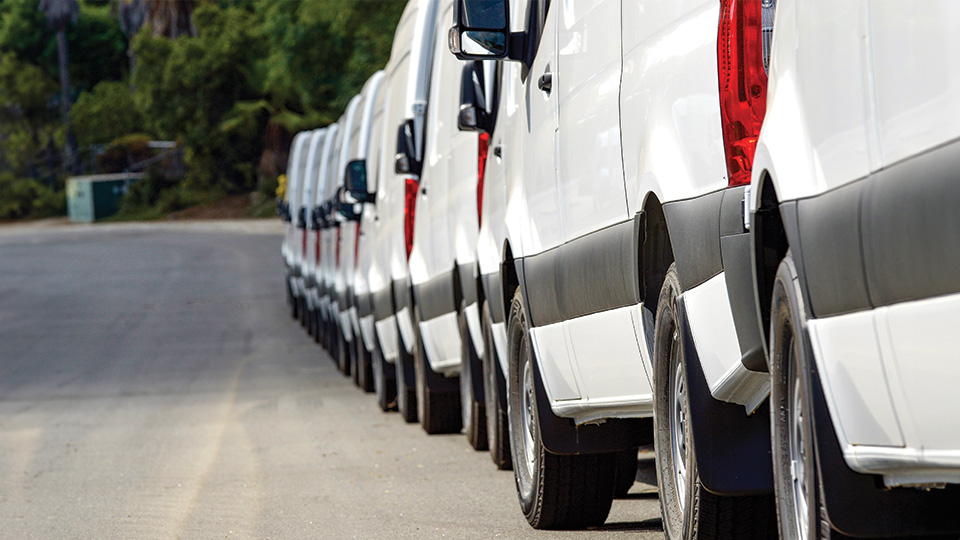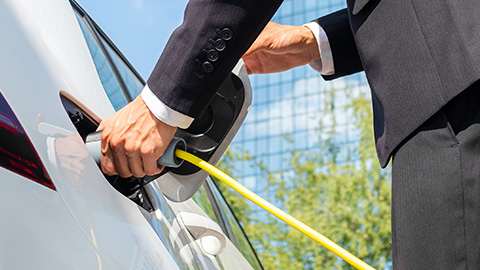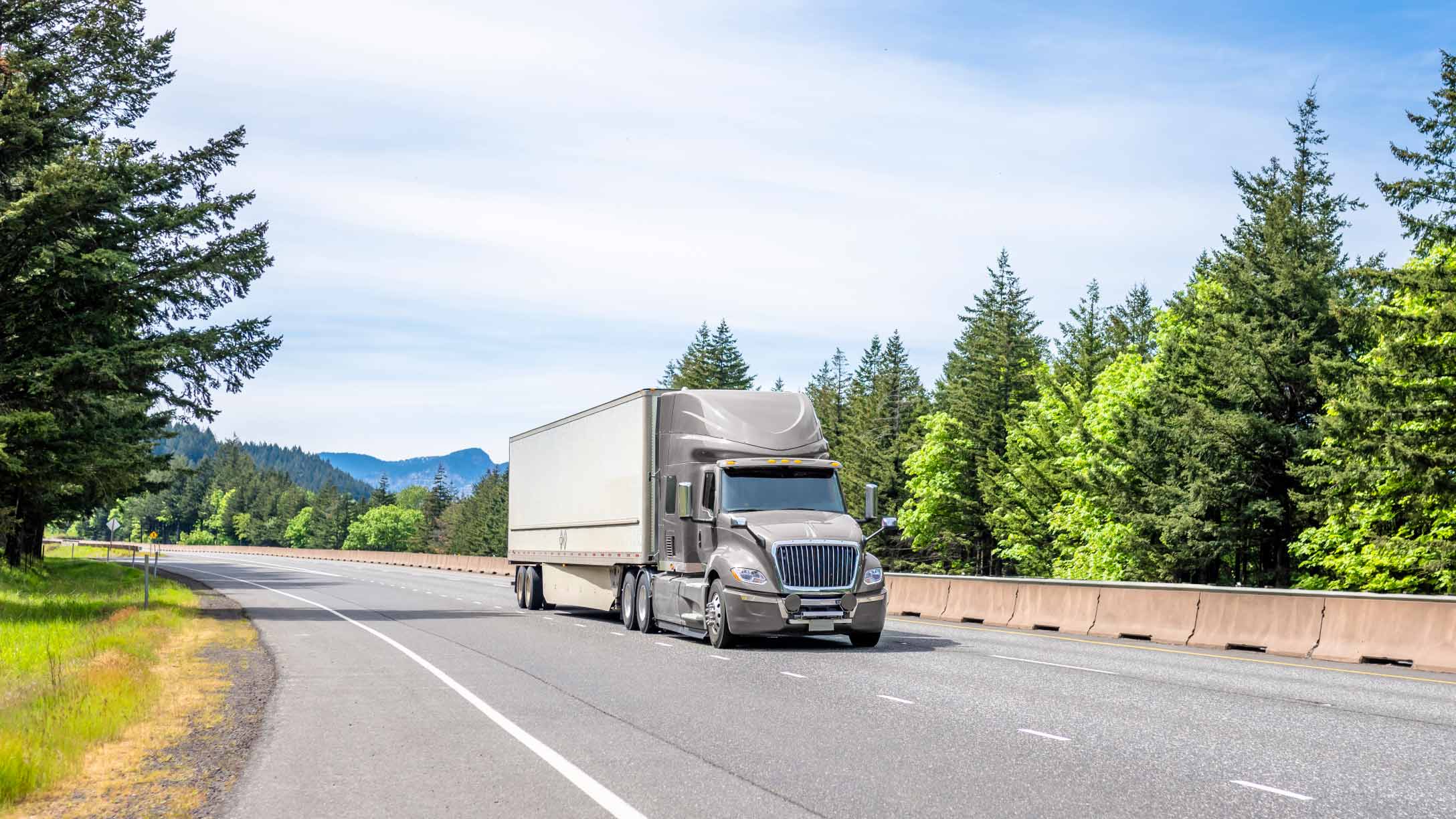
The Impact of the California Clean Truck Check on Your Fleet
Last updated on March 27, 2024 in Compliance by Stephen Woodring | 4 minute read
Table of contents
CARB's Clean Truck Check affects all fleets coming into California. Read on to learn everything you need to know about the initiative.
Currently in phase two of its implementation – approaching phase three – the California Air Resource Board (CARB) Clean Truck Check program will impact heavy-duty vehicles operating in California and could become models for other states to follow, promoting a level playing field for businesses that operate compliant vehicles. The Environmental Protection Agency (EPA) has acknowledged California's "pivotal role as a laboratory for innovation in the control of emissions from new motor vehicles.”
Trucking remains highly competitive and the ability to leverage data is critical to drive efficiencies. The trucking industry’s economic reality is one in which every point of efficiency counts. These new standards impact how telematics service providers enable fleets to manage for efficiency, maintenance and safety.
We will discuss the Clean Truck Check program, formerly known as the Heavy-Duty Inspection and Maintenance (HD I/M) program. Geotab can help you and your fleet comply with these rules and assist you and your fleet in staying compliant with these rules in the future.
What is the Clean Truck Check CARB program?
As one of the most impactful programs in CARB’s history, the Clean Truck Check program will help identify vehicles causing the most pollution in California: poorly maintained heavy-duty trucks. According to CARB, when the program is implemented, it will reduce smog-forming toxic air pollution for healthy air in California’s communities, cutting statewide NOx emissions by over 81 tons per day and PM emissions by 0.7 tons per day in 2037. These truck emission reductions are pivotal and will result in over 7,500 avoidable premature deaths.
The regulation will mostly affect diesel and alternative fuel trucks over 14,000 pounds operating in California. Periodic emissions testing and reporting will check emissions control systems that reduce the pollution from underperforming engines.
Keeping up with regular maintenance can be challenging for fleets, but there’s a silver lining with regard to implementation. By using the OBD port in your truck, we can help you automate compliance and keep your vehicles on the road.
What does Clean Truck Check California mean for your fleet?
The Clean Truck Check program has three phases:
- Phase one: On January 1, 2023, roadside monitoring systems began measuring emissions to identify high-polluting vehicles.
- Phase two: From October 1, 2023 to December 31, 2023, a three-month open reporting season was implemented. Initially, by December 31, 2023, vehicle owners had to register their vehicles in the Clean Truck Check database and pay a $30 per-vehicle annual compliance fee for 2023. CARB has since extended the Clean Truck Check reporting deadline to December 31, 2024 to give fleets additional time to complete their initial vehicle reporting and meet the compliance fee requirement for 2023 and 2024.
- Phase three: CARB has delayed implementation of the periodic testing requirements to now become effective starting on January 1, 2025. In 2025, vehicles with OBD systems will need to be tested semi-annually (twice per year) and have that data sent to CARB. This testing frequency will increase to quarterly in 2027.
* June 2023 Guidance to Vehicle Owners on Upcoming Requirements.
This requirement means that a passing compliance test would need to be submitted to CARB within 90 days prior to a vehicle’s compliance deadline, as early as October 1, 2024. For example, if a vehicle has a compliance deadline on July 1, 2025, a passing compliance test would need to be submitted between April 2, 2025 and July 1, 2025.
It’s also possible to receive a Notice to Submit to Testing, which requires vehicle owners to submit a passing compliance test to CARB after any necessary emissions-related repairs are made. This needs to be done within 30 days of receipt of the notice – failure to address emissions-related concerns could result in registration holds at the DMV or removal from the compliance database.
Vehicles also need to pass the Clean Truck Check OBD test. Here are a few ways to prepare your vehicle for the test:
- If your Malfunction Indicator Lamp (right) is on, get your vehicle repaired as soon as possible.
- Don't wait - Do the OBD test early in the Clean Truck Check compliance window so there will be time to complete the test if there are problems.
- Avoid clearing codes. OBD systems require substantial vehicle operation to be able to complete their emission control diagnostic tests. A vehicle that has not been operated enough, or has too many monitors incomplete, will fail the test. Code clearing can occur when:
- Disconnecting the battery
- Using an improperly installed kill switch that disconnects power to the OBD system [it is OK if the kill switch just cuts power to accessories/lights/etc.]
- Using an OBD scan device to clear codes
For more information on OBD testing, click here.
Beginning January 1, 2024, you’ll have two options for your fleet:
- Take vehicles to a facility for smog checks and manually submit information to CARB, resulting in downtime for each inspection.
- Use a Clean Truck Check-certified telematics provider to automatically submit information to CARB for you.
Here’s where Geotab comes in!
Keep your trucks on the road with Geotab
We’ve been engaged with CARB since 2021 and we’re optimizing our solution for Clean Truck Check for the program’s start of periodic testing requirements on January 1, 2025. We’re currently working on changes to our gateway, firmware, software – and the creation of middleware – to support compliance with the regulation. Geotab will not send any information to CARB unless you have given permission to do so.
We’ll help you:
- Seamlessly manage CARB compliance in your normal operations
- Automatically send required data to CARB
- Receive immediate inspection information (pass/fail, next inspection)
- Automatically update CARB data in Geotab databases
- Avoid taking your vehicles off the road to be tested
- Save time and money by not needing to complete CARB training to become an approved tester or needing to purchase an OBD testing device
Your next steps
There are some steps to consider as the program gets closer:
- Awareness — Stay on top of the new regulations as more details come out.
- Support — Ask your technical service provider (TSP) if they'll be CARB-certified for the deadline.
- Audit — Identify which of your vehicles operate in California. If you wish to install a new GO device to achieve CARB compliance, you must use the OBD port; the RP1226 port doesn’t provide the required data.
For more information on how Geotab can help your fleet stay CARB-compliant, fill out our survey or reach out to govaffairs@geotab.com.
If you liked this post, let us know!
Disclaimer
Geotab's blog posts are intended to provide information and encourage discussion on topics of interest to the telematics community at large. Geotab is not providing technical, professional or legal advice through these blog posts. While every effort has been made to ensure the information in this blog post is timely and accurate, errors and omissions may occur, and the information presented here may become out-of-date with the passage of time.
Get industry tips and insights
Sign up for monthly news and tips from our award-winning fleet management blog. You can unsubscribe at any time.
Republish this article for free
Other posts you might like

Four major benefits of telematics for risk management in the public sector
July 9, 2024
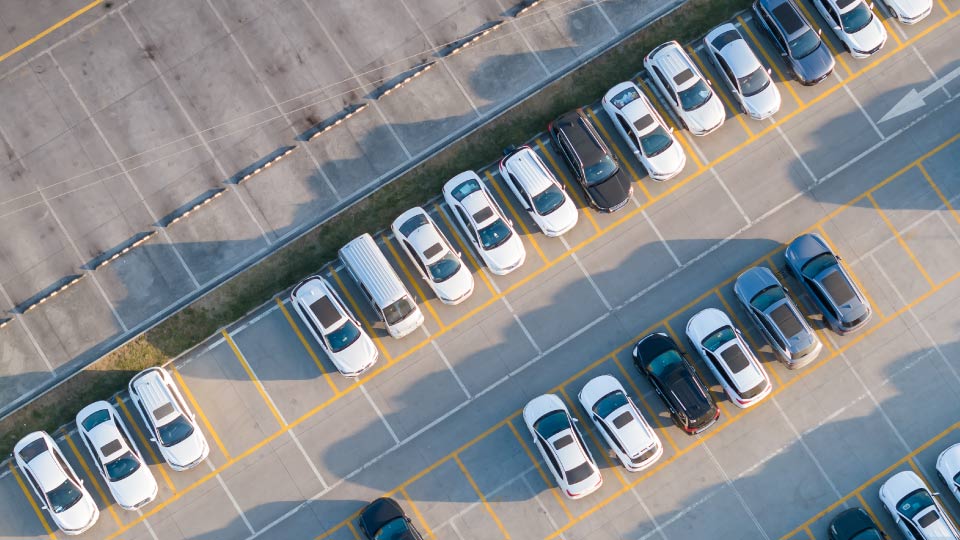
Public sector leaders’ unique outlooks on driving utilization and policy enaction
June 26, 2024
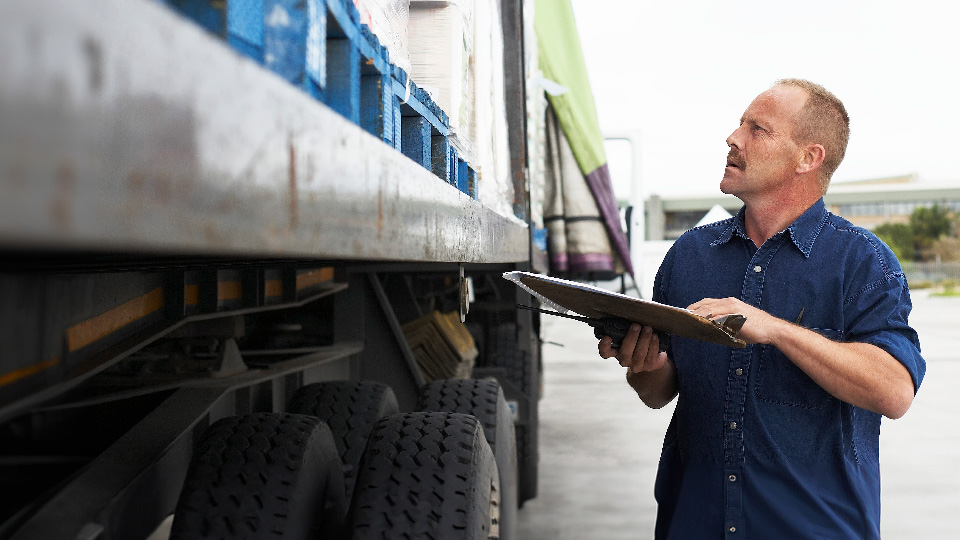
Get your fleet ready for CVSA International Roadcheck 2024
May 15, 2024

Four key trends shaping the future of the transportation industry
May 9, 2024
